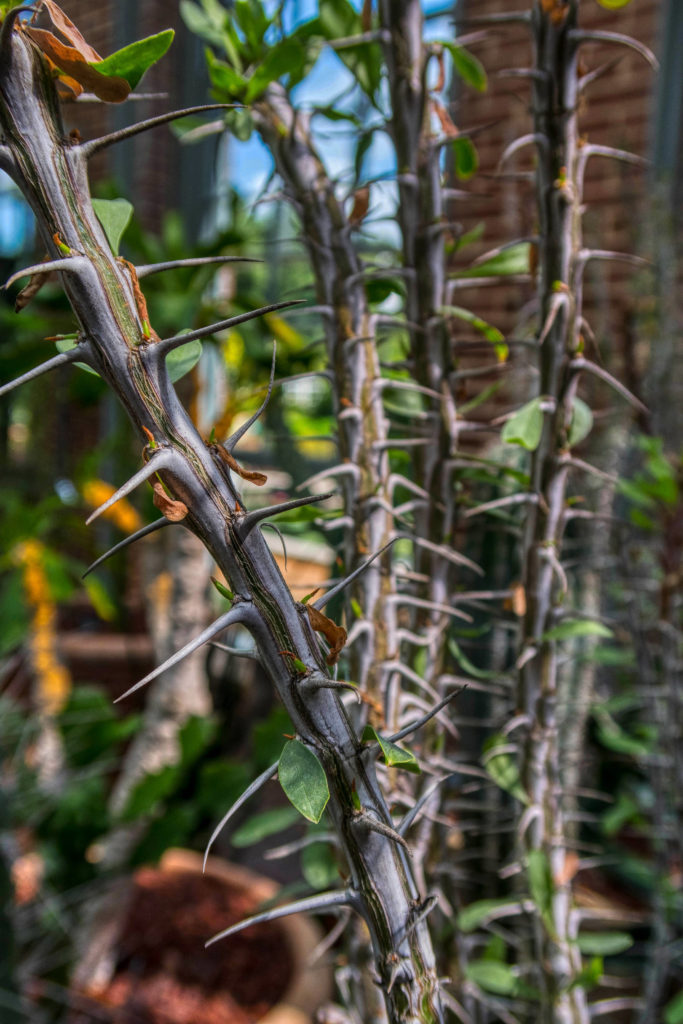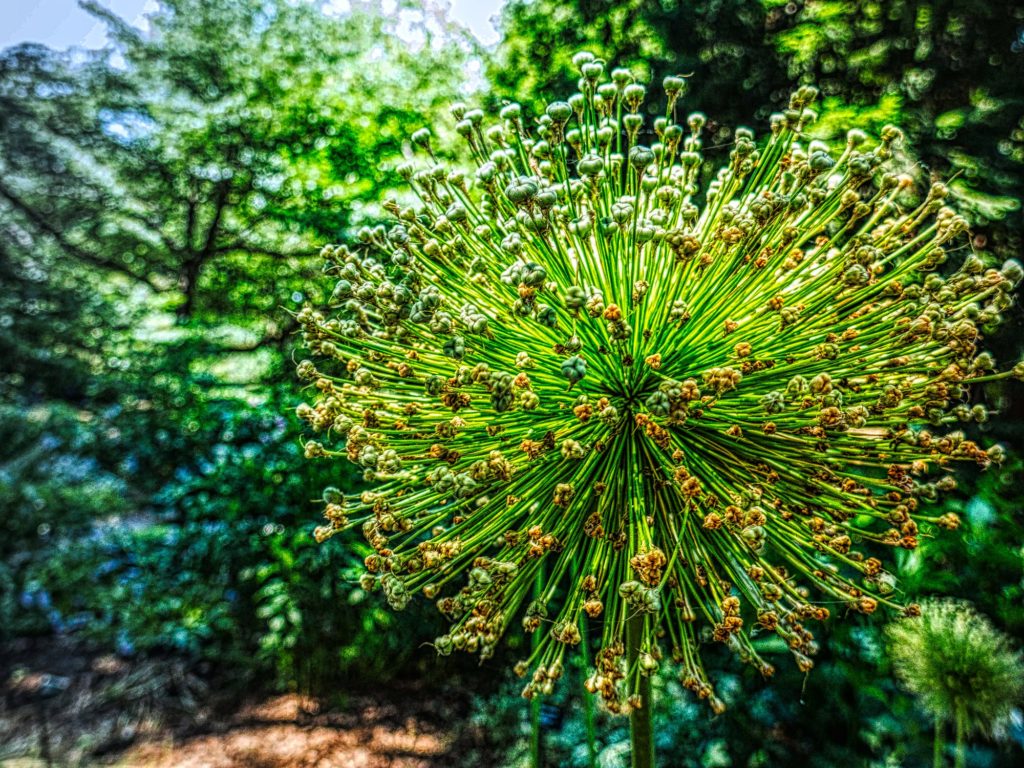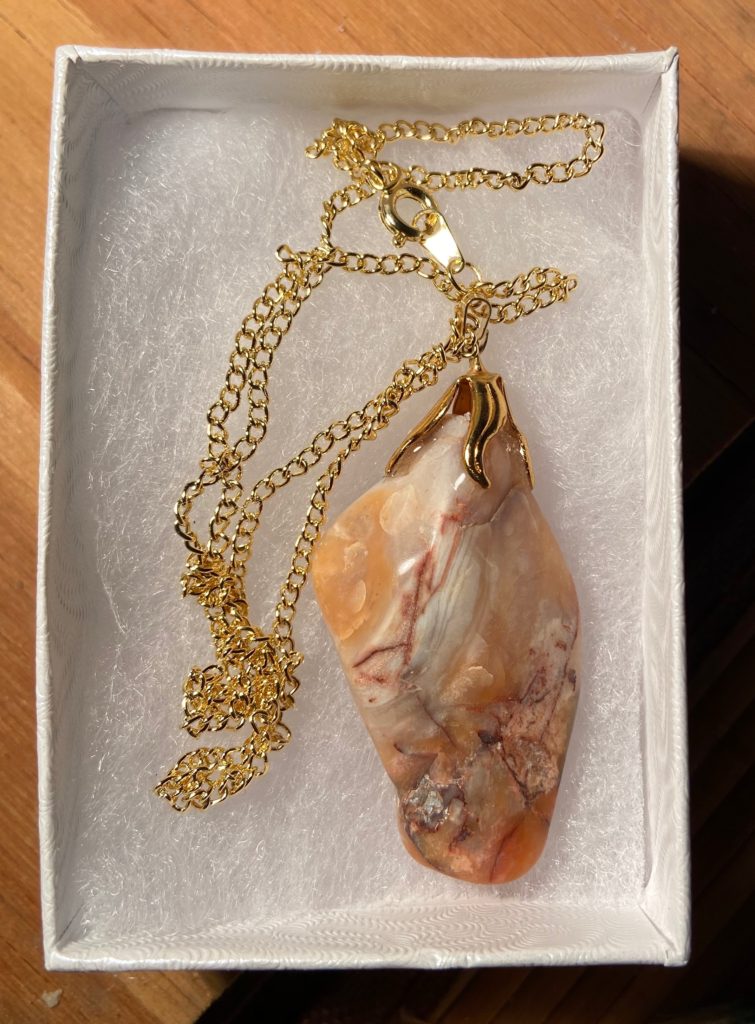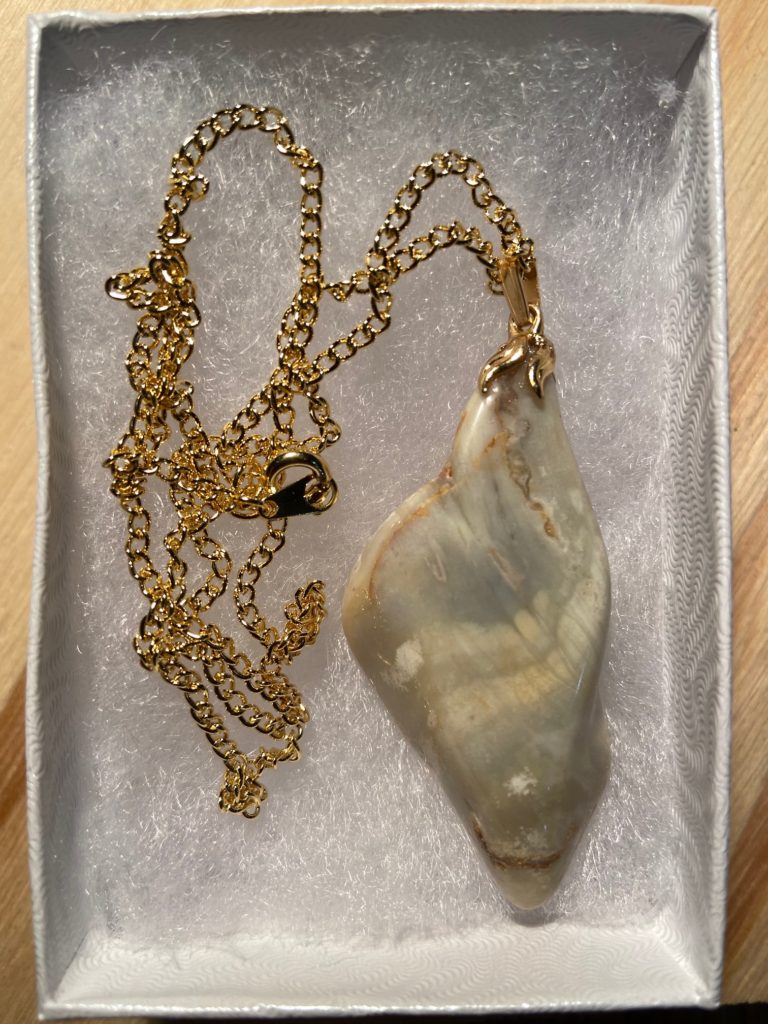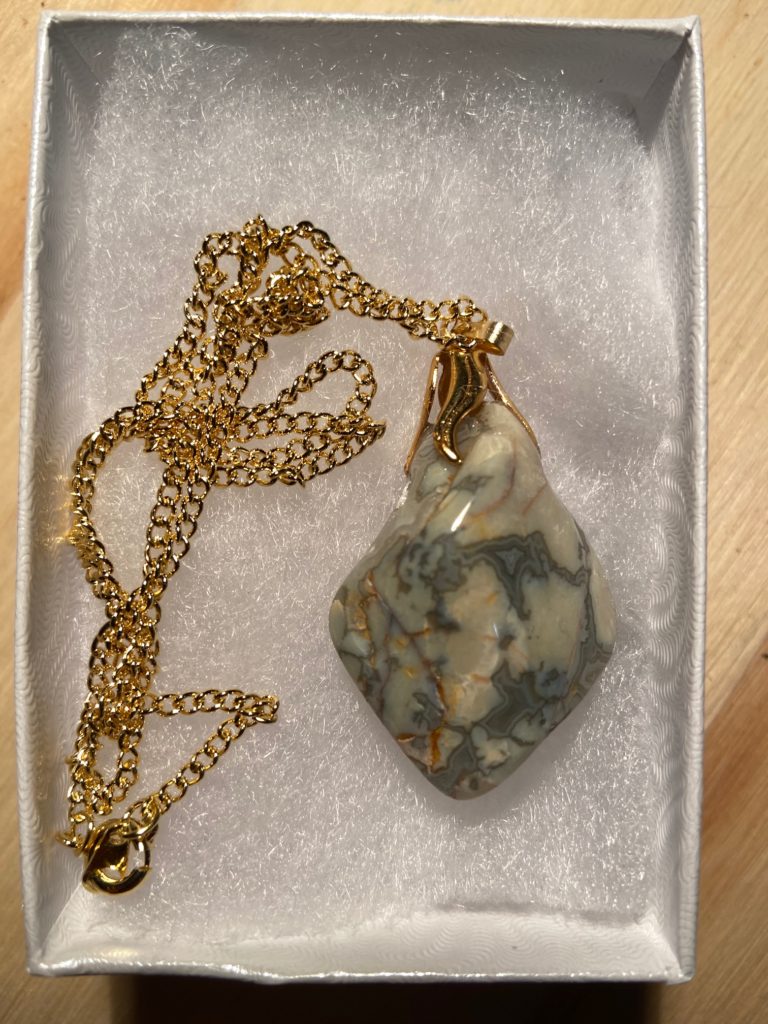My Awkward Love Letter to Plants
This morning I pretended I lived in a world without any plants. I pretended I was an inventor.
My first client asked me to invent something she called “plants.” She was entirely concerned with function, not aesthetics. She had some very demanding requirements. Each of these living things would be rooted to one position for their entire lives. They would not be able to move. I said, “Oh, like sponges . . . ” She corrected me: “No, sponges are animals like you!” She handed me information showing how plants differ from animals, though there are many similarities too, since all plants and all animals have common eukaryote ancestors.
At first, I was relieved that my task was to design only plants, not animals, because this would save me a lot of work. There will be no need to design locomotion, vision, migration or hunting behaviors. There would not be a need for any sort of biologically expensive brain that would offer neural plasticity, the ability for an individual plants to learn. A bit more thinking made me realize that this was going to be incredibly difficult. How does one design the ability for organisms to survive day to day when they are stuck in one place? The more I thought about this project, the more daunting it seemed. [More . . . ]

